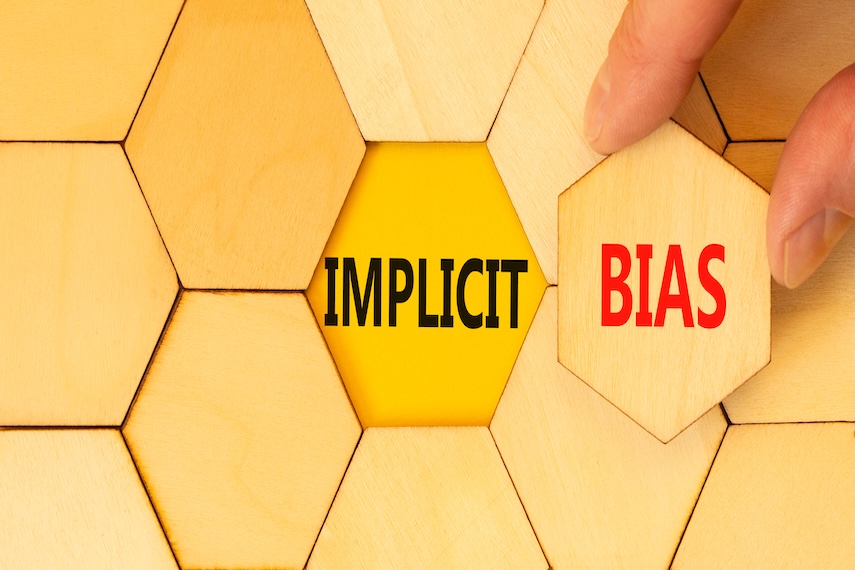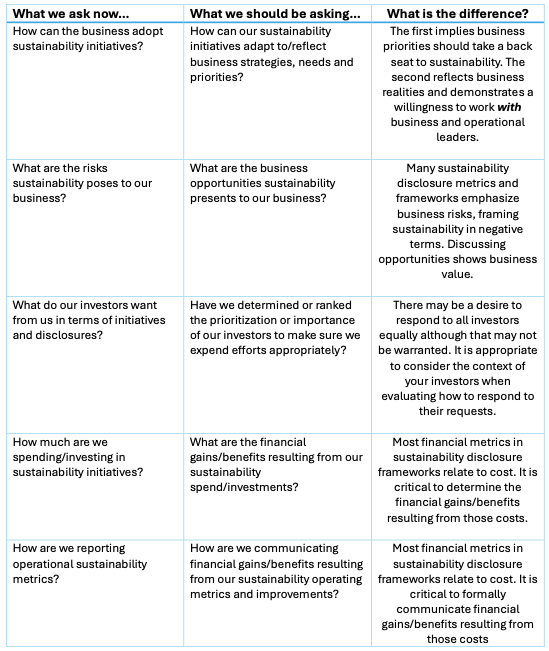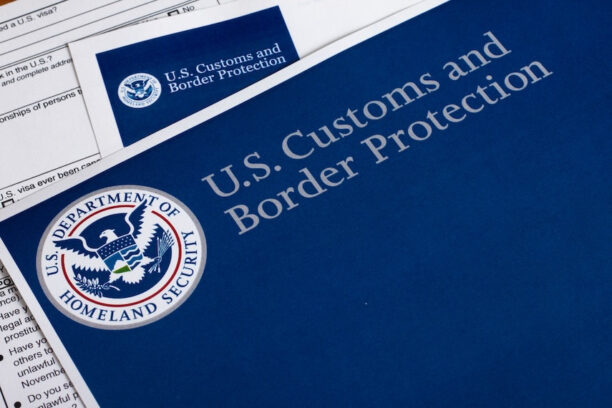McKinsey recently published a short and very interesting article Bias Busters: When the question—not the answer—is the mistake. While not specifically about sustainability, it very much speaks to practitioners. If you aren’t familiar with “framing”, it is
“a well-documented cognitive bias in which people with identical information make different decisions based on how the information is presented. Research by Amos Tversky and Daniel Kahneman showed that the way a problem is presented can heavily influence the options people consider and the decisions they make…
A frequent consequence of the framing effect is asking misguided questions. In business settings, framing an issue too narrowly or embedding unchallenged assumptions often leads teams to ask the wrong question.”
Nobel Laureate Richard Thaler is another who has widely researched and published on the matter. It is a hidden epidemic in sustainability, although not new.
McKinsey offers suggestions to counter bias, including
“challenging the problem’s definition. Rather than accepting the frame as given, teams benefit from broadening their inquiry. One proven debiasing method is to invite constructive dissent—devil’s advocates, challengers, or red team–blue team exercises—not just to question answers, but to question the questions.”
The bias that sustainability is an absolute business essential – with subsequent self-aggrandization – were primary reasons for its downfall in the 1990s. Hopefully, we can learn from that and not repeat it (see Killing Sustainability – members have free access). Here are a few examples of common sustainability questions I question:
What other biased questions can you think of, and how can those be reframed in a way that moves your program forward?
Finally, today is September 11. I hope you can find a moment for quiet remembrance, whether at work or home.
Members can learn more about the business value of sustainability here, as well as in Guidebooks Communicating ESG Value and Simplifying ESG/Sustainability Business Value.
If you’re not already a member, sign up now and take advantage of our no-risk “100-Day Promise” – during the first 100 days as an activated member, you may cancel for any reason and receive a full refund. But it will probably pay for itself before then.
Members also save hours of research and reading time each week by using our filtered and curated library of ESG/sustainability resources covering over 100 sustainability subject areas – updated daily with practical and credible information compiled without the use of AI.
Are you a client of one of our Partners – SourceIntelligence, TRC, Kumi, Ecolumix, Elm Consulting Group International or Impakt IQ? Contact them for exclusive pricing packages for PracticalESG.
Practical Guidance for Companies, Curated for Clarity.











